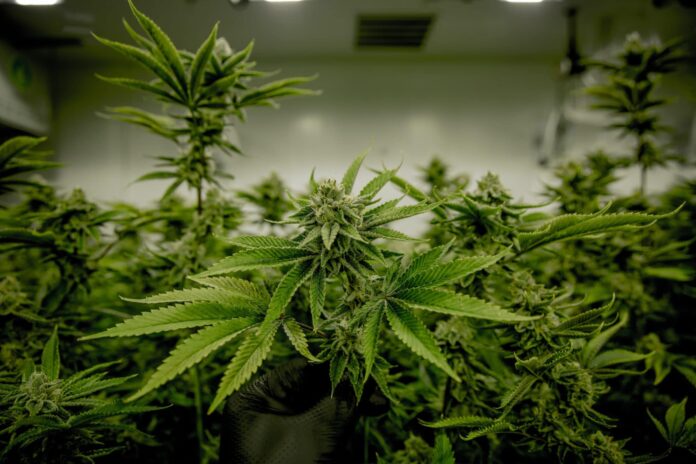

Greetings to everybody, and welcome to the unique world of the cannabis environment. Join us as we explore the always-shifting borders of medical marijuana laws and costs. Even though the subject matter might appear unrelated, it is a discussion entwined with legal nuances and medical advancements.
It’s important to look back at Mississippi’s history in the cannabis industry before delving into the specifics of the current situation. Like many other states, this state has always had a tight prohibitionist position on marijuana.
Decades of deeply embedded cultural norms and federal laws threw a lengthy shadow over the plant, creating an environment in which the mere mention of cannabis was frequently met with raised eyes.
But as the twenty-first century progressed, the winds of change started to rattle through the magnolia trees. Like much of the country, Mississippi was caught between two opposing ideologies: policy and perception. A discourse that went beyond conventional conventions was spurred by the increasing amount of research demonstrating the possible medical advantages of cannabis.
The Green Revolution
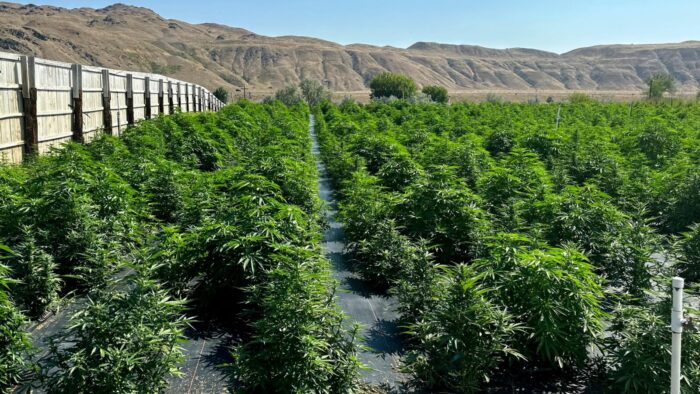
The country has gradually seen a change in attitudes regarding cannabis use in recent years, and Mississippi is no exception. Known for its famous river and southern charm, the Magnolia State is presently in the thick of the green revolution.
Many people are investigating the possible advantages and difficulties of medicinal marijuana in light of its growing acceptance as a valid therapy choice.
The path to change was littered with disinformation, cynicism, and a careful attitude to steer clear of the alleged hazards that came with legalising cannabis. The early discussions on medicinal marijuana were clouded by this initial opposition, which made it more difficult to accept the plant’s potential for transformation.
The Legal Dance
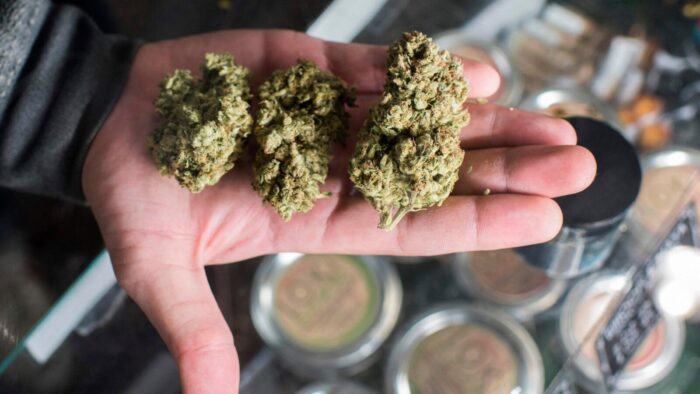
Let’s now dance through the legal nuances of medical marijuana in Mississippi. This is when the terrain becomes as confusing as a Mississippi River delta, so fasten your seatbelt.
Medical marijuana will be allowed in the state as of November 3, 2020, but don’t light up a joint in celebration just yet. Legalisation to implementation has been a gradual, intricate dance.
The medicinal marijuana programme in Mississippi has had its fair share of legislative wrangling. Voters adopted Initiative 65, a ballot issue that permits the use of medicinal marijuana for those with certain qualifying medical conditions, on November 3, 2020.
However, the legal issues persisted; the initiative was overturned by the state Supreme Court because of reservations regarding the state’s ballot initiative procedure. Currently, there is no harmonic solution to the legislative dilemma, which leaves many patients in a condition of uncertainty.
The Green Economy
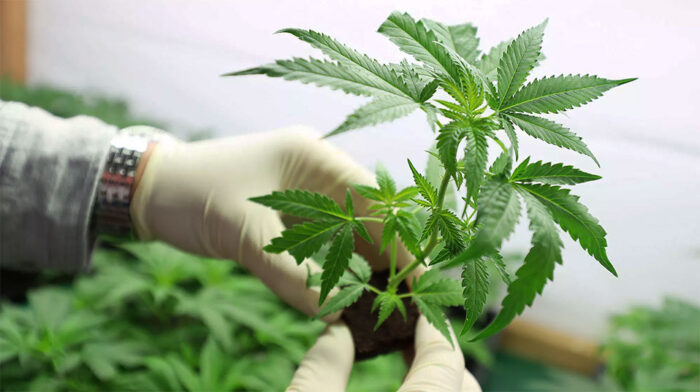
Let’s now explore Mississippi’s medicinal marijuana market from an economic perspective. How much cash will you need to enjoy all of this lush goodness? Medical marijuana prices vary depending on several criteria, including product kind, dispensary pricing, and the state of the law.
First of all, it’s crucial to recognise that the market has become rather volatile due to legal ambiguity. Due to a burgeoning market, some states have seen competitive pricing drops; Mississippi, with its conservative approach, has not yet seen any such outcomes. Sometimes, in a relaxed cannabis market, costs might remain higher than one might think due to a lack of competition and unclear regulations.
The Fine Print
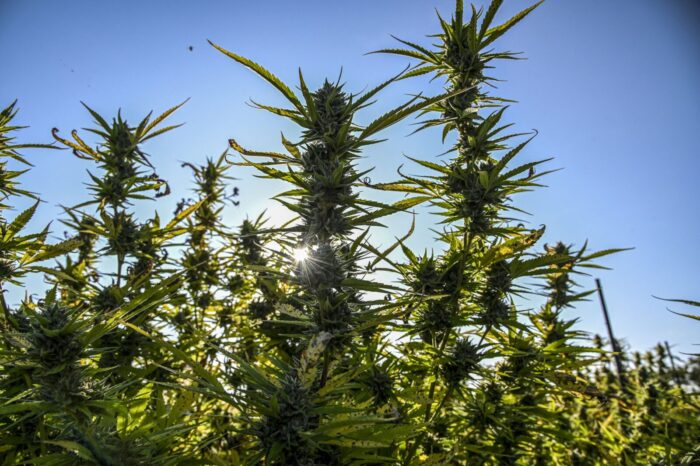
Let’s now focus on the fine print, the specifics that frequently get lost in the shadow of the larger image. In Mississippi, there is no one-size-fits-all approach to medical marijuana. Chronic pain and crippling illnesses are among the qualifying criteria, and doctors serve as the gatekeepers to the cannabis kingdom.
This may sound complicated, but it’s all for the best—after all, we all know how humans are when it comes to obtaining marijuana through whatever means possible. To obtain a nice product, most individuals would lie, create a disease, and force their physicians to issue prescriptions for conditions that don’t exist. Here is where having more control is advantageous in one sense but detrimental in another as it causes prices to rise due to exacerbating factors.
The Mississippi Department of Health is in charge of managing the state’s medicinal marijuana programme as of the start of all of this. Patients must obtain a certification from a licensed physician as well as possess a medical marijuana card in Mississippi, and the conditions that qualify are subject to the physician’s discretion. Striking a careful balance between medical need and regulatory caution highlights the importance of having a strong framework to guarantee appropriate use.
We also discovered some information on that state’s Mississippi Medical Cannabis Programme. On December 21, 2023, several products were subject to an administrative hold after the Mississippi Medical Cannabis Programme (MMCP) discovered anomalies in an audit of Certificates of Analysis (COA) about Rapid Analytics’ initial test results for mycotoxins and pesticides. There is an ongoing inquiry into the disparities. The price of each product retest is being paid for by the Mississippi Medical Cannabis Programme.

The Mississippi Medical Cannabis Programme and the Mississippi State Department of Health believe that cleared items will soon be back on dispensary shelves, they added. It is anticipated that all items placed under administrative hold will undergo retesting in a timeframe of two to three weeks.
Every Friday, cleared product batches will be made available until every product has undergone a second testing. Since flowers and buds are the basis for many goods, they should be retested first, then concentrated, and finally infused items.
In summary, the cannabis scene in Mississippi is a complicated tapestry weaved with strands of both legal intricacy and medicinal optimism. The continual dance between cost and legality makes it clear that there is more work to be done before there is a fully operational medicinal marijuana programme.
Thus, the tale of Mississippi’s cannabis journey is one worth seeing, regardless of your level of experience as an advocate, as a patient looking for help, or simply as an interested bystander. The precise form and hue of the cannabis environment in the Magnolia State will only become apparent in due course when the legal and economic factors continue their complex dance.
Recall that this is about more than simply getting stoned; it’s also about the possibility of recovery, striking a balance between personal freedoms and social norms, and, in the end, working towards a more compassionate and environmentally friendly future.

